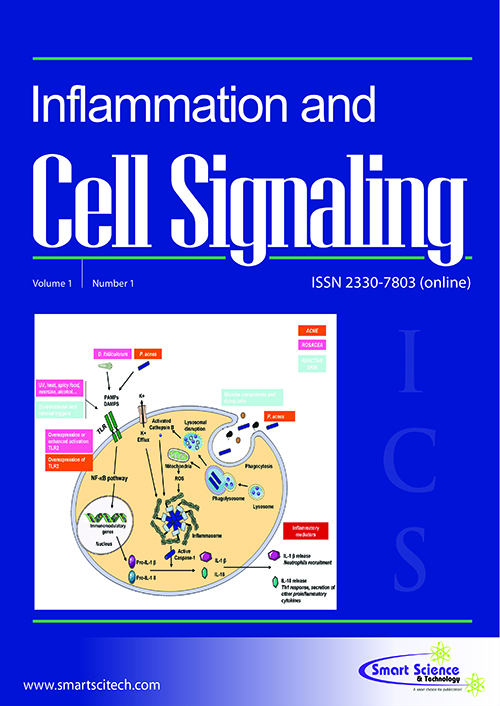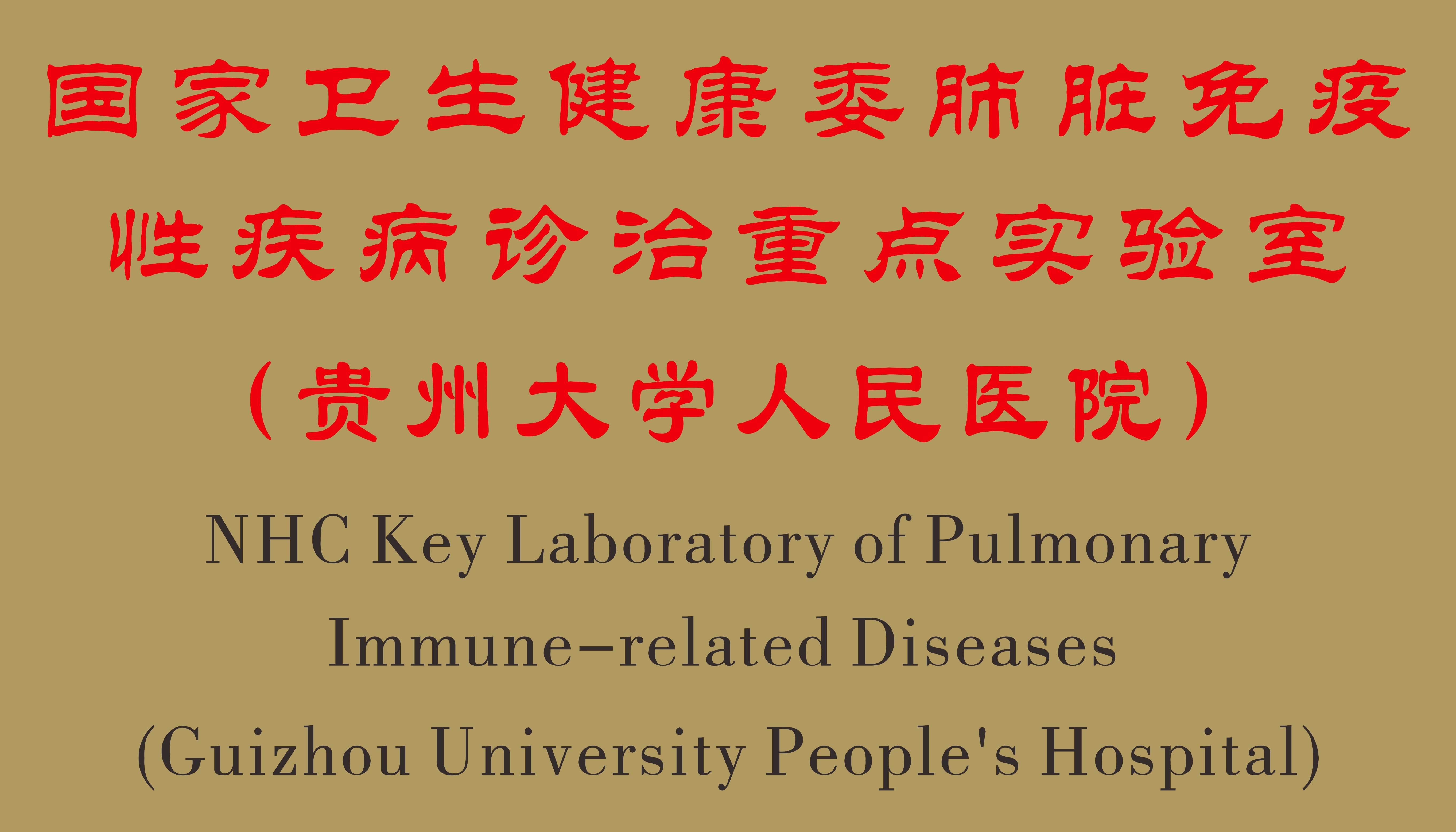Intestinal RORrt-generated Th17 cells control type 2 diabetes: A first antidiabetic target identified from the host to microbiota crosstalk
DOI: 10.14800/ics.1074
Abstract
The recent discovery of the role played by gut microbiota on the control of metabolic disease opens novel routes for the identification of the causes of type 2 diabetes and obesity. This paradigm could explain the infiltration, by innate and adaptive immune cells, of the adipose tissue, liver, and islets of Langerhans which is responsible for the metabolic inflammation state that leads to impaired insulin action and secretion, and therefore, type 2 diabetes. The identification of the causal role of circulating lipopolysaccharides LPS and peptidoglycans in the development of metabolic inflammation, due to an increased intestinal permeability, led to the leaky gut hypothesis. In addition, whole live bacteria were found in metabolic tissues establishing a tissue microbiota which upon a fat-enriched diet becomes dysbiotic. The process of intestinal bacterial translocation was responsible for the onset of a leaky gut causal to the disease. The translocation of selective sets of intestinal bacteria to the blood could be identified. These blood bacterial 16SrRNA-DNA sequences are considered as biomarkers of the bacterial translocation process. An increased of the corresponding bacterial DNA concentration was predicting the occurrence of type 2 diabetes. Associated to the dysbiotic microbiota translocation, an impaired intestinal immune defense was identified as a cause of the selective leaky gut. The change in small intestine mucosal microbiota induced by a fat-enriched diet reduces the number of IL17-secreting CD4 T cells within the lamina propria of the intestine. This loss of IL17-secreting CD4 T cells is the consequence of an impaired capacity of intestinal antigen presenting cells to activate and trigger the expression of RORgt and the production of IL17 by CD4 T cells. Altogether, an impaired intestinal immune defense, notably the reduced differentiation of RORgt expressing IL17-producing CD4 T cells, favors the onset of a leaky gut leading to the translocation of bacterial factors and live bacteria towards tissues triggering metabolic inflammation; insulin resistance and type 2 diabetes. Hence, the triggering of intestinal defense surrounding RORgt pathway now appears as a potential target mechanism for the control of type 2 diabetes.














